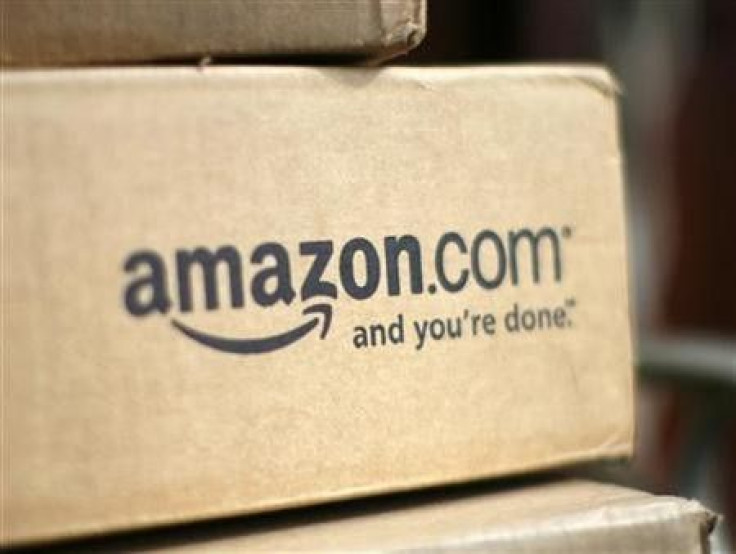Amazon's Stock Zooms; Analysts Remain Bullish

Amazon's stock is hot, reaching a 52-week high briefly after the company reported strong earnings and profits in the second quarter Tuesday after the market close. Now, investors want to know: How high can Amazon's stock go?
Higher, say many analysts.
Amazon is trading at 100 times trailing earnings, a big premium to the S&P 500, but William Blair labels Amazon with an Outperform rating, believing the company's stock is a "must own" for long-term investors. The firm sees Amazon's market dominance, its diversified offering assortment, and competitive pricing as growth strongholds for the e-retailer.
The e-commerce giant earned 41 cents a share on revenue of $9.91 billion. Analysts were expecting Amazon to report a second-quarter profit of 35 cents a share, compared with 45 cents in the year-ago quarter. Revenue was estimated to increase to $9.4 billion from $6.5 billion a year ago.
William Blair noted in a July 21 report titled "More Retailers Struggling to Navigate Amazon's Surging Current" that Amazon's prices on 1,000 identical items is greater than 10 percent when compared to a cross-section of U.S. retailers.
The firm notes that consumers are now increasingly using smartphones and other mobile devices to price-shop, illuminating Amazon's advantage -- noting that advantage will only grow in the future because of advancing technology and Amazon's competitive pricing across the board.
Citi sees Amazon as a buy target despite the company's high-flying stock. According to the Wall Street Journal, Citi gives these reasons for a buy recommendation on Amazon:
1) Amazon's investments are from a market-share-vacuuming position of strength;
2) Amazon faces a significant double-double market opportunity in its core retail business;
3) Amazon benefits from mobile technology but is unaffected by the rise of social networking;
4) Amazon's management team has a proven track record of succeeding through investment cycles.
In other words, as Amazon ups its investment this year into new products and technologies, including the roll out of a new Kindle e-reader later this year and the expected roll out of a tablet that runs on Google's Android operating system to compete with Apple's iPad, the company's earnings are not expected to take the kind of hit that frequently occurs in such cycles.
The reason Amazon is able to heavily invest in a cycle but maintain growth in profits, says Morgan Stanley, is that the company is dominating market share of the retail "pie" in a way "we have never previously experienced."
"Amazon is the Wal-Mart of our era but it's better, in our view -- Amazon.com is the combination of technology + logistics company, allowing it to participate in a transition of physical to digital retail supported by store-less (in Seattle) business model that leads to higher long-term economic returns," says Morgan Stanley, according to the Wall Street Journal.
Morgan Stanley has an overweight rating on Amazon.
© Copyright IBTimes 2024. All rights reserved.











